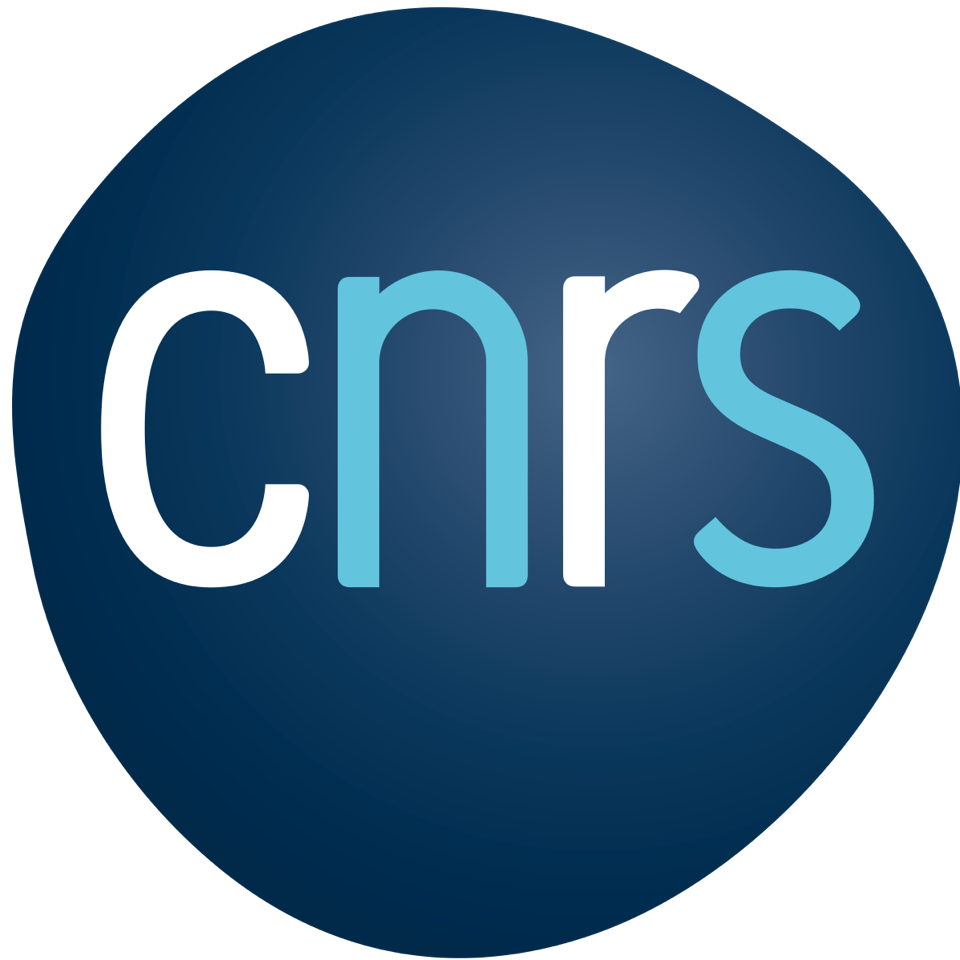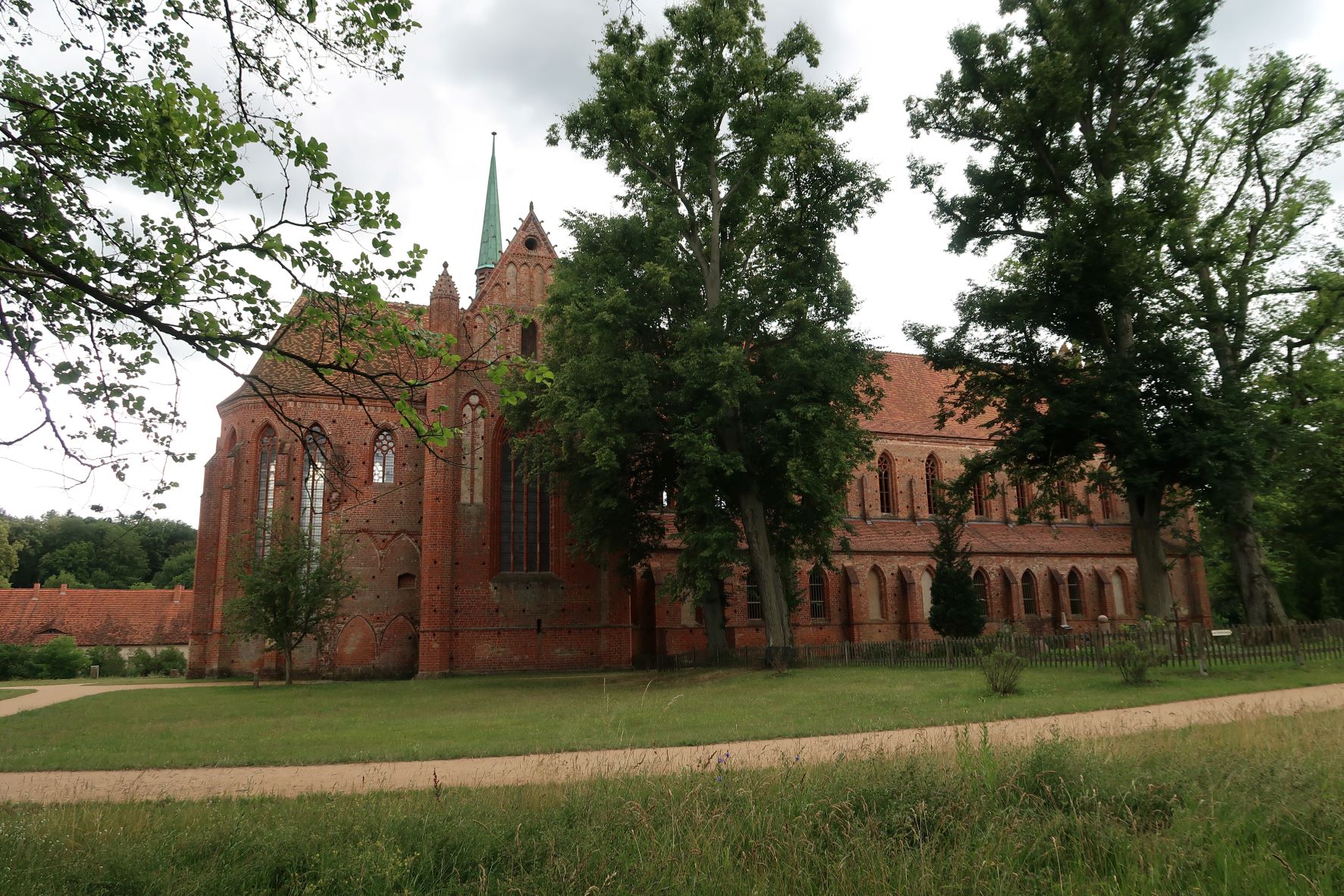Winter school 2022: Coping with the complexity in speech production and perception
Introduction
IMPORTANT: Due to the COVID situation in Germany, the winter school has been moved to July 4 – 8 (i.e. it now is a summer school)!
The objective of this summer school, held in 2022, in Chorin, Germany is to address recent advances in linguistics, psychology and neuroscience with respect to the topic “Coping with the complexity in speech production and perception”. Discussing complexity in speech production and perception is important as there are currently two major trends that will affect how research will be carried out in the future:
(1) On the one hand, it has been generally acknowledged that speech is multimodal in nature, i.e., not only the spoken “text” delivers information to a listener, but also e.g., clothing, interlocutor’s attitude, prosody, body posture, facial expressions and hand gestures can contribute to the meaning in the respective situative context or may even determine how a listener is perceiving the expression of the speaker. These factors only concern complexity of the speaker-listener interaction. Additional complexity is added, when we zoom into the production and perception of specific sounds within larger linguistic units. Sounds are produced in context which influences their production and perception (coarticulation) and they occur in a certain prosodic and syntactic position within the speech stream etc. Controlling all these factors in laboratory settings can be fruitful, because one can disentangle their contribution, but may also be different from real-life communicative behaviour.
(2) On the other hand, speech scientists are also affected by the replication crisis in psychology, raising awareness for the reproduction of results, sample size of participants and the potential to make generalizations. Many researchers in psychology suggest reducing statistical designs to one or two influencing factors, because more complex designs require an extraordinarily high number of participants. But such an approach is not always feasible, if we consider the multimodal nature of speech. Moreover, it becomes even more serious for the survival of disciplines using advanced methodology like electromagnetic articulography (EMA), functional Magnetic Resonance Imaging (fMRI), which are very costly in terms of data processing and work force. Using these techniques may limit the number of participants, while for e.g., button-press experiments or online experiments it is much easier to obtain very high numbers of participants. We think that it is important taking both views into account. This summer school therefore aims to help young researchers navigate these issues. Thus, one main aim of this summer school is to transfer knowledge related to this topic and to facilitate discussions between researchers from different disciplines, between senior scientists and junior researchers, between Germany, France, the Netherlands and other countries. Another aim is to discuss the complexity of speech and the consequences that it has on experimental designs. Furthermore, we aim to familiarize young researchers with how to engage the general audience, the society and what career possibilities are there outside of the academic world.
Location
The summer school will take place in Chorin, a village in the Barnim district in Brandenburg. The place is surrounded by wonderful nature, and well reachable, i.e., 45 min by train from or to Berlin central station. It is a place famous for its medieval Brick Gothic Chorin Abbey (http://www.kloster-chorin.org) and it is also situated in Schorfheide-Chorin Biosphere Reserve, under the protection of UNESCO.
Program
Besides the main program, an additional room will be available for scientific exchanges at any time. In this room several experiments may be set up where attendees may participate (and learn about the setup afterwards). In addition, we will request the invited speakers to have a “consulting hour” in the evening to give answers and advice to students who need some advice with respect to their own work. This will also be possible throughout the summer school in a less formal way during shared lunches and dinners.



Invited speakers
The following speakers have confirmed to be present:
- Prof. Martijn Wieling, University of Groningen, The Netherlands: Outreach in Linguistics (and SPRAAKLAB)
- Prof. Peter Birkholz, University of Dresden, Germany: Vocal Tract Lab
- Dr. Odette Scharenborg, Delft University of Technology, The Netherlands: Acoustics and Deep Neural Networks
- Dr. Pavel Logačev, Bogazici University, Istanbul, Turkey: Tutorial on Bayesian modeling
- Dr. Wim Pouw, Radboud University Nijmegen, The Netherlands: Multimodality in Speech
- Dzhuma Abakarova, Potsdam University & Leibniz-ZAS: Task Dynamic Application (TADA)
- Teja Rebernik, University of Groningen, The Netherlands: Hands-on with Electromagnetic Articulography (EMA)
Application process and costs
We benefit from generous funding from the Université franco-allemande (Deutsch-Französische Hochschule). For this reason participation costs are relatively limited, and only consist of the accomodation fee (payable at the hotel on arrival) and a modest contribution towards the food and drinks served during the conference (also payable to the hotel on arrival). A shared double room for four nights (Monday July 4 – Friday July 8) costs EUR 158. Single rooms (EUR 276) are in principle not available for participants. The contribution towards the (included) food will be at most EUR 100 for (PhD) students, and at most EUR 200 for post-doctoral researchers and more senior staff. The summer school accepts only a limited number of participants (40), to benefit from a small scale in the interactions between senior and junior researchers.
Organization committee
- Susanne Fuchs, Leibniz-Zentrum Allgemeine Sprachwissenschaft (ZAS), Berlin, Germany
- Anne Hermes, Laboratoire de Phonétique et Phonologie, CNRS/Sorbonne Nouvelle, Paris, France
- Leonardo Lancia, Laboratoire de Phonétique et Phonologie, CNRS/Sorbonne Nouvelle, Paris, France
- Martijn Wieling, Center for Language and Cognition Groningen, University of Groningen, The Netherlands
Previous editions
- Cognitive and physical models (Part 1) 2004, in Lubmin, Germany
- Speech and the brain (Part 2) 2007, in Autrans, France
- Planning and dynamics (Part 3) 2010, in Berlin, Germany
- Speaker-specific behavior (Part 4) 2013, in Aix-en-Provence, France
- Learning and memory (Part 5) 2017, in Chorin, Germany
COVID-19 restrictions
The summer school, which is face-to-face, follows the current measures of the German (regional) government. For now, please assume that you will need to be vaccinated or cured to be able to participate. In case the summer school needs to be postponed due to the pandemic, we will let all participants know immediately.
Funding
We graciously acknowledge the funding for this summer school from:






